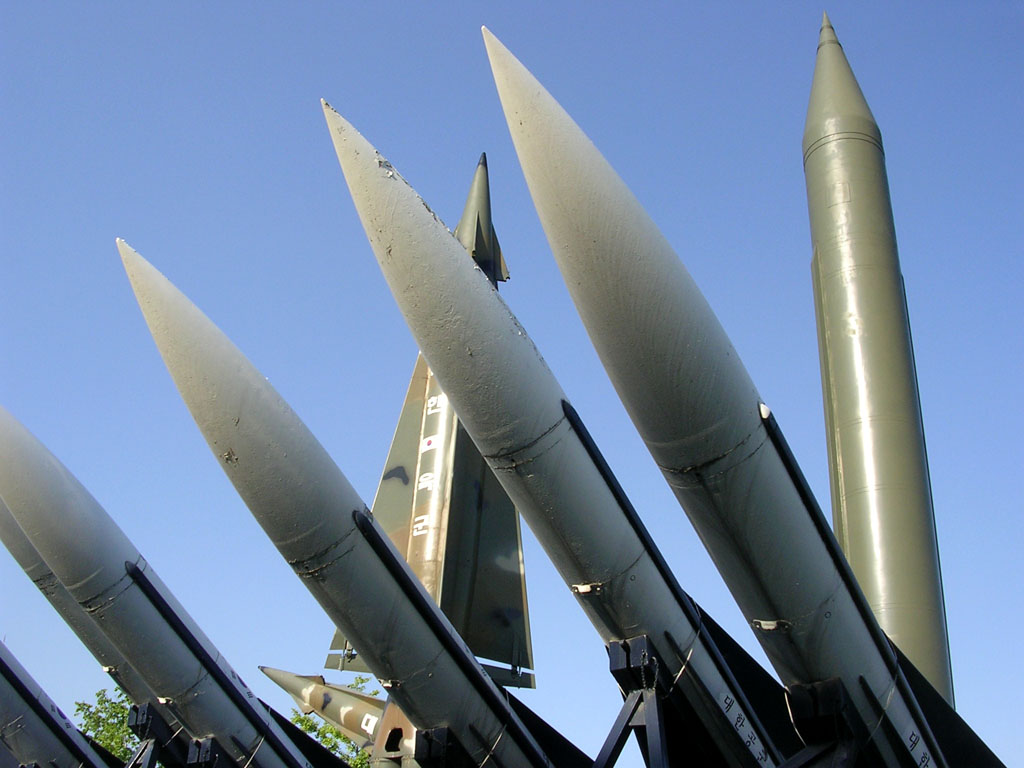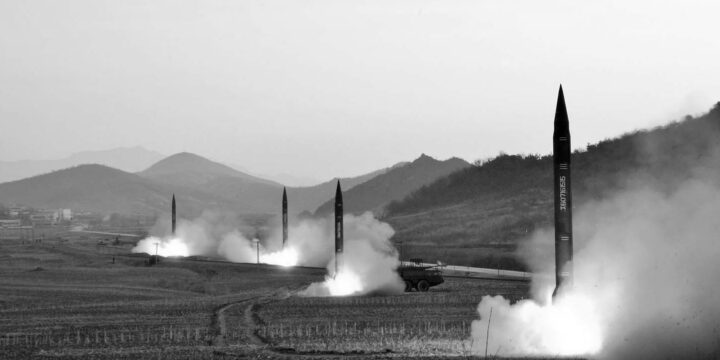
With Iran’s proxies getting pummeled by Israeli airstrikes and Iranian ballistic missiles failing to make much of a dent against Israel — although several dozen broke through Israeli air defenses during the Oct. 1 attack, causing minimal damage to the Nevatim airbase — Tehran is no doubt feeling vulnerability.
In the span of less than a month, Israel has done significant damage to a key node in Iran’s regional deterrent posture, devastating Hezbollah’s leadership structure and destroying as much as half of the militia’s missile inventory. Thousands of Israeli troops are now in southern Lebanon, combing through villages and small towns, looking for more Hezbollah military infrastructure to destroy. And sooner or later, Iran will experience Israeli military retaliation directly, with Iranian military and intelligence facilities at the top of Israel’s target list.
Hezbollah served a valuable function for Tehran. Although Israel holds escalation dominance over Iran in terms of conventional military power, Hezbollah was a card the Iranians could play if the Israelis dared to strike its nuclear program. Having a non-state militia with 150,000 missiles stationed right across its northern border, primed to respond to any attack against Iran, was no doubt something the Israelis had to take deadly seriously. This, combined with Iran’s missile program — the largest in the Middle East — restrained successive Israeli governments from undertaking a bombing campaign that would destroy at least part of Iran’s nuclear infrastructure.
That Iranian deterrent, however, is looking mighty weak today. Hezbollah is now in a fight for its life and wouldn’t be of much use in a direct Israel-Iran conflict. The Iranian missile program is proving to be less impressive than it appears on paper. Iran’s nuclear program is, therefore, in perhaps its most vulnerable state, leading some U.S. and Israeli defense hawks to argue that now is the perfect time to drop ordnance on the enrichment plants and centrifuge manufacturing facilities.
Read article in Washington Examiner
Author

Daniel
DePetris
Fellow
More on Middle East

Featuring William Walldorf
March 6, 2025







